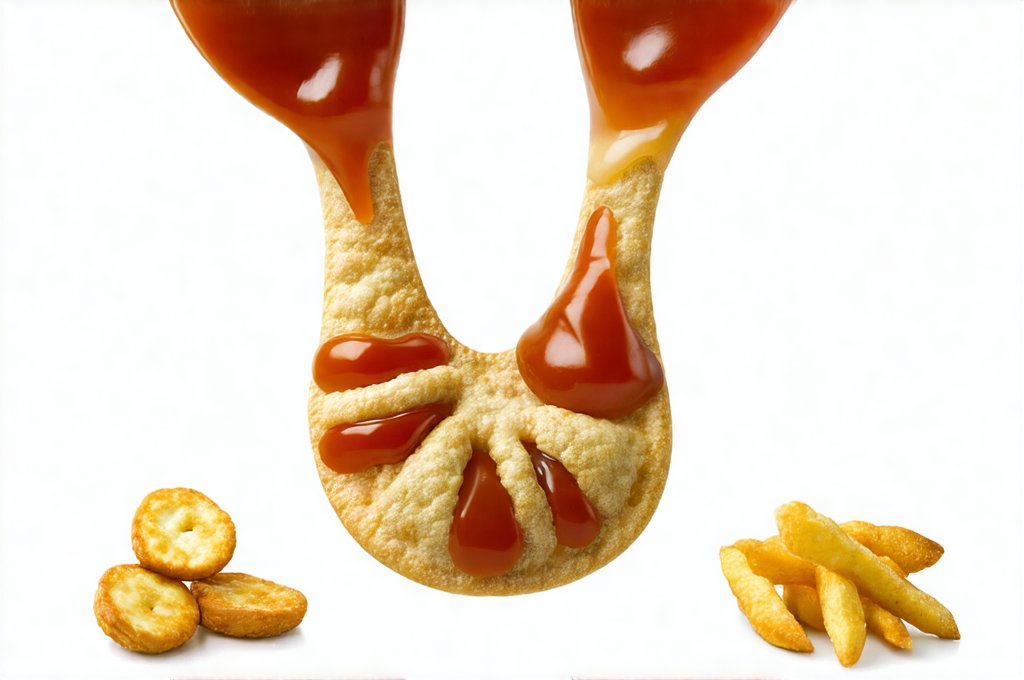The modern diet often prioritizes convenience over nutritional balance, leading many individuals to rely heavily on snacks throughout the day. While snacking isn’t inherently negative – in fact, strategic snacking can be part of a healthy eating pattern – how and what we snack on significantly impacts our digestive health. Increasingly, reports of stool inconsistency—ranging from diarrhea to constipation, and everything in between—are linked not to full meals, but to the seemingly innocuous choices made between them. This article delves into the connection between poor snacking habits and fluctuations in bowel regularity, exploring the underlying mechanisms and offering practical insights for improving digestive comfort through mindful snack selection.
Many underestimate the cumulative effect of small dietary decisions. A single bag of chips or sugary granola bar might not seem detrimental, but repeated consumption throughout the week can disrupt the delicate balance within our gut microbiome and influence stool formation. Furthermore, snacking often occurs on-the-go, leading to rushed eating habits which hinders proper digestion. This combination – poor nutritional value coupled with compromised digestive processes – creates a fertile ground for stool inconsistency. It’s crucial to understand that this isn’t about eliminating snacks entirely; it’s about making informed choices that support, rather than sabotage, our gut health and overall well-being. Understanding top early signs from stool tests can also help you identify potential issues.
The Role of Fiber & Hydration in Snacking
Fiber is arguably the cornerstone of healthy digestion, playing a vital role in regulating bowel movements and maintaining stool consistency. When we snack on highly processed foods lacking sufficient fiber – think white bread crackers, sugary cereals, or pastries – our bodies struggle to form solid, well-regulated stools. This can result in loose stools or constipation as the digestive system attempts to process these nutrient-poor options. Conversely, incorporating fiber-rich snacks like fruits, vegetables with hummus, or a small handful of nuts provides bulk and supports healthy peristalsis (the wave-like muscle contractions that move food through our digestive tract). Taking key takeaways from tracking data can help you understand your body’s response to different fiber levels.
Hydration is equally critical, often overlooked in the context of snacking. Many snack choices – particularly those high in sodium or sugar – can actually draw water from the body, exacerbating dehydration and contributing to constipation. A dry colon needs adequate hydration to effectively move waste. Therefore, pairing snacks with a glass of water isn’t just good practice; it’s essential for maintaining stool consistency. Consider choosing hydrating snack options themselves, such as fruits like watermelon or oranges, which contribute both fiber and fluid intake.
Prioritizing both fiber and hydration in snacking is one of the most effective ways to proactively support digestive health. It’s about building a mindful approach that acknowledges the impact even small food choices can have on our bodies. This doesn’t necessitate drastic dietary changes, but rather thoughtful substitutions and conscious additions to snack routines. You might also consider what you can expect from a comprehensive stool analysis for deeper insights.
Identifying Trigger Snacks & Making Swaps
A crucial step towards addressing stool inconsistency is identifying snacks that may be contributing to the problem. Keeping a short “snack diary” for a week can reveal patterns and pinpoint problematic foods. This doesn’t need to be overly detailed, simply noting what you ate between meals and how your digestive system responded afterward. Common culprits include:
- Sugary cereals & granola bars
- Processed snack cakes & cookies
- Chips & other highly processed salty snacks
- Candy & chocolate (especially in excess)
- Artificial sweeteners – some individuals find these disrupt gut flora
Once identified, the goal is to replace these trigger snacks with healthier alternatives. Here are a few suggestions:
- Swap sugary cereals for oatmeal with berries and nuts: This provides fiber, healthy fats, and sustained energy.
- Replace processed cookies with apple slices and peanut butter: A satisfying crunch with natural sweetness and protein.
- Trade chips for air-popped popcorn or a small handful of almonds: Reduced fat and sodium content with added nutrients.
The key is to find swaps that you genuinely enjoy, making the transition sustainable in the long run. Don’t focus on restriction; focus on abundance – adding more nourishing options. If test results indicate a need for change, signs from testing can call for diet overhaul.
The Impact of Food Intolerances & Sensitivities
Stool inconsistency can sometimes be a sign of underlying food intolerances or sensitivities. While not allergies (which involve an immune response), intolerances occur when the body has difficulty digesting certain foods, leading to digestive upset. Common culprits include lactose (in dairy products) and gluten (in wheat-based snacks). Identifying these sensitivities often requires some experimentation – perhaps eliminating a suspect food for a week or two and observing if symptoms improve.
It’s important to note that self-diagnosing is not recommended. If you suspect a food intolerance, consulting with a healthcare professional can help determine the root cause and guide appropriate dietary changes. They may recommend an elimination diet under their supervision. Many individuals discover they experience bloating, gas, or stool changes after consuming certain snack foods, indicating a potential sensitivity that needs to be addressed. Understanding how bacteria ratios reflect digestive efficiency can also inform your choices.
Mindful Snacking: Beyond Just What You Eat
Mindful snacking goes beyond simply choosing healthy options; it’s about how you eat them. Rushed eating, common when snacking on-the-go, prevents proper chewing and digestion. This can lead to undigested food reaching the colon, contributing to bloating, gas, and stool inconsistency. Taking a few moments to sit down, savor each bite, and chew thoroughly allows your body to effectively break down food.
Furthermore, pay attention to why you’re snacking. Are you truly hungry, or are you eating out of boredom, stress, or habit? Emotional eating can lead to impulsive choices and overconsumption, further disrupting digestive health. Developing awareness around these triggers is crucial for breaking unhealthy patterns. Consider practices such as:
- Taking three deep breaths before reaching for a snack
- Asking yourself if you’re actually hungry
- Portioning out snacks in advance to avoid mindless eating
- Choosing snacks that provide sustained energy rather than quick sugar rushes
Ultimately, addressing stool inconsistency linked to poor snacking habits requires a holistic approach. It’s not just about avoiding “bad” foods; it’s about embracing mindful choices, prioritizing fiber and hydration, and identifying potential intolerances or sensitivities. By adopting these strategies, individuals can significantly improve their digestive health and enjoy a more comfortable and balanced relationship with food. You should also be aware of signs from testing that show gut lining damage to ensure full understanding.


















